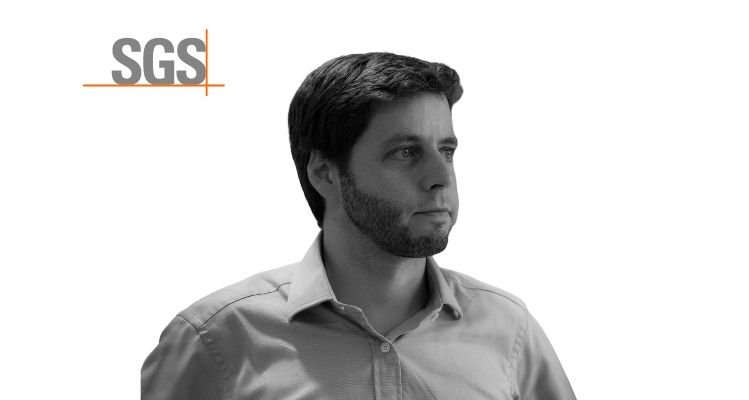Successful Real Estate in Africa

By Benjamin Van der Auwera, Global Market Manager Real Estate Development, SGS

With the highest population growth on Earth (2.4% in 2020), and some of the most rapidly growing economies on the planet, the African continent provides massive business potential. However, it is faced with a difficult challenge: transforming risky emerging markets into safe and sustainable opportunities.
Creating a safe, and reliable operating environment
In a continent which is generally seen as complex by most foreign investors, and which can also be considered unstable in some locations, the biggest successes in real estate have been achieved by developers and corporations who have created modern and safe operating environments within their premises.
From logistics parks to hospitals, and from container terminals to office towers, it all comes down to creating a peaceful, safe, and reliable operating environment in which tenants and companies will be able to thrive.
Navigating the process
Developers in Africa must be patient when faced with political swings and administrative complexity. Securing and validating a land deed is probably the first difficulty that any entrepreneur faces in most ventures, and it must be navigated carefully as there are countless stories of land fraud and illegal deeds.
Connecting facilities to the infrastructure network and the various utilities can also prove complex and can take months or years. By creating large and ambitious projects, scaling and centralizing operational processes, developers can minimize the risks and increase opportunities to provide a stress-free journey for tenants moving in the area.
Yet during daily operations on a site, power fluctuation and shortages, water scarcity, access roads damage, waterlogging, civil unrest and political instability are still operational challenges.
Secure secondary service provision
The most successful business ventures attract foreign multinational tenants, access reliable funds and sell residences to the rising upper-middle class by changing the focus from solely location and price to secure secondary service provision.
The protection of users, asset resilience, energy and water independence, natural disaster-proof developments have shown high attraction on the markets so far.
From Kenya to Nigeria, and from Senegal to South Africa, large logistics parks or residential mega-compounds have flourished by offering a range of features. These include access control, back-up satellite internet connectivity, onsite renewable electricity production, rainwater harvesting, wastewater treatment and energy efficiency measures to allow for a safe, healthy and sustainable work-life balance.
In addition, essential community functions are included in these large developments, such as food courts, grocery shops, day-care education and shuttle transport to nearby facilities.
In essence, in order to be successful in African real estate markets, you need to adapt to local needs and anticipate a variety of risks to protect your building users, tenants and investors from environmental, political and cultural challenges throughout the life cycle of the development.
